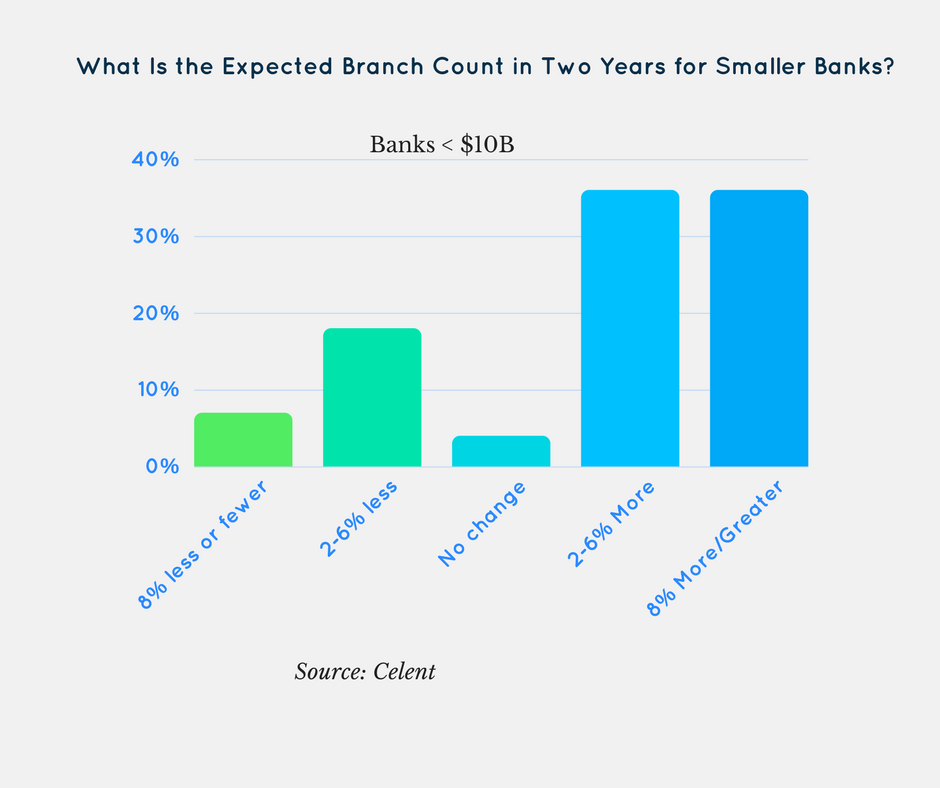European Rails for Identity, Payments & Data?

I sat down with the marketing team at Anthemis to discuss the opportunities and geopolitical challenges of open finance. This is the fifth part in a series of five articles. You can find part one on premium APIs here, part two on PSD2 here, part three on the geopolitical motivations of European Open Banking here and part four on the ramifications of Brexit here.
Hi John, I’m lost already, European Rails? High Speed trains?
Well let’s go back a few steps. A lot is happening in the EU at the minute with elections and referendums and legislation. So much so that sometimes we can lose sight of the objectives, especially when they’re one degree removed from our day to day life. “Rails” is a term usually used to refer to the connected technology and infrastructure needed to facilitate payments. Visa and Mastercard for example have created significant payment rails to facilitate credit card transactions. Companies then pay Visa and Mastercard to use those rails. I believe there is increasing evidence to suggest that the EU is trying to create a public-private rails utility in Europe that goes far beyond the existing capacity of payment rails.
What makes you think that?
There is a lot going on but it’s important to keep in mind that the EU is desperately trying to encourage a cohort of global digital players in Europe. It puts us at a significant disadvantage that we’re a massive buyer of digital goods and services but we are an insignificant producer. To understand why it seems like the EU are trying to create connected, interoperable, interaction infrastructure you need to consider what’s happening in parallel across three interdependent verticals; Data, Identity and Finance.
Alright, let’s start with Data.
Specifically personal data. GDPR effectively set the definition of personal data and then mandated that the rest of the world accepted that definition if they wanted to sell into the world’s largest trade bloc. This disadvantaged American tech companies who now need to treat European citizens differently than citizens in other jurisdictions. The right to be forgotten, privacy by design and the ability of citizens to lodge a complaint in any EU country regardless of where in the EU the company is based were also distinctly anti big tech, which by default was anti American corporate interest. PSD2 will also shift significant quanta of transaction data out of the hands of merchants and onto the servers of regulated entities. This, I expect, is the beginning of the age where a licence will be required to hold personal data.
OK, so the EU are progressive on private data. What about Identity?
Well personal data is obviously derivative to identity but it is identity that bridges the gap between personal data and finance and it is an astoundingly complex subject. Even defining it gets difficult but it’s becoming clear that robust identity infrastructure is the key to everything from micro-payments to free movement of labour. If the EU is able to create a layer of immutable and secure but accessible identity infrastructure that citizens can leverage for payment initiation, authentication and authorisation as well as the facilitation of mobility, it will expedite everything from opening an account to securing accommodation. The parliament have actively discussed amending the fourth anti-money laundering directive to solve for Bitcoin based fraud and illegalities and it seems clear the the EU would like to develop its own identifiable distributed ledger infrastructure. People often think that it will be Facebook or Google that supply the identity products but it seems naive to think that the EU will be content to allow state compromised corporations to own and manage the data relating to European citizens data.
And how does finance fit into this?
PSD2 will actively seek to displace credit card rails in their current form through direct account payments and rapid settlement times. Cards won’t be as attractive for ecommerce due to cost and the banks and adjacent players are actively developing short term credit alternatives. Whilst MIFID2 and IFRS9 will have obvious impacts of the way we treat and account for financial instruments it is the continuing intent to create a Capital Markets Union in Europe to make banks less dependent on international wholesale funding that is particularly interesting. The upshot being that within five years the world’s largest trade bloc is likely going to have a highly interoperable retail and SME banking environment delivered through APIs and microservices as a result of PSD2, as well the beginnings of a capital markets union to reduce the need for smaller single jurisdiction licensees to pay higher costs for access to capital.
Is this like what they’ve done in China with credit scoring?
Credit scoring may well be an aspect of it but no, I’m suggesting something far more elegant. China created universal credit scores, I’m suggesting that Europe intends to create a regional network of standardised APIs, smart contracts and microservices to enable free transactions, with immediate settlement, leveraging distributed identity architecture for verification and machine regulation allowing any start-up immediate access to the world’s largest marketplace in order to drive growth in Europe through a new generation of digital companies.
Ok. So how would that work exactly?
Consider this. A start-up begins business. They employ freely available, standardised microservices architecture that allows them to interoperate with any business in the EU, with absolute fidelity, immediately, without knowing them. They can sell to any customer and expect payment immediately, regardless of country of residence, without paying fees. They can partner and un-partner quickly with other companies to take advantage of opportunities in other countries as they arise. They can pay for access to large repositories of user data to assist with decisions on products or strategic expansion. Or a more practical example; I move to a new country and I can lease an apartment and pay my rent without ever needing references or a new bank account because my payment ability and identity is connected through one platform. The landlord can verify I am who I say I am, see my previous rental, work and character references, with my permission and set up the payment order. Does that make sense?
Yes. I get it. So how will this affect non EU companies?
They’ll have to pay a form of tariff to rent the rails. It will be a stealth tax cost of doing business in the world’s largest trade bloc that will mean European offerings should be more competitive in the region. This tariff will be amended as needed to adjust for trade requirements, e.g. low or no charge for regions adept at producing goods Europe wants but doesn’t produce with a comparative advantage. I expect most large jurisdictions or economic areas will look to do the same over time. They just happen to be a long way behind.
European Rails for Identity, Payments & Data? was originally published in #hackingfinance on Medium, where people are continuing the conversation by highlighting and responding to this story.












